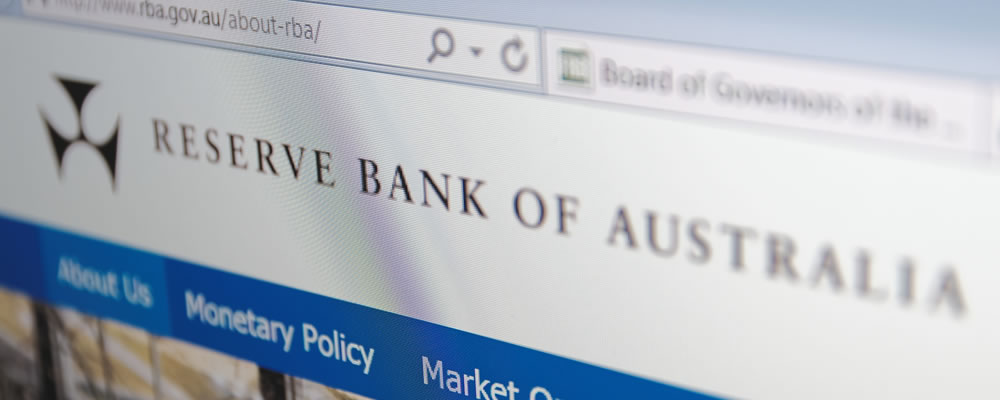Update: EUR AUD gains continue, with this morning’s Australian data for March failing to stem the sell-off on the worsening interest rate outlook. The Westpac leading index recovered into positive territory with a score of 0.08%, while new motor vehicle sales rose on the month and declined on the year by less than in February.
Read the original article below…
Reserve Bank of Australia (RBA) concern over the polarised state of the Australian economy has allowed the Euro Australian Dollar exchange rate to make bullish gains.
EUR AUD is up 0.9% to 1.41 after the minutes of the RBA’s April 4th policy meeting revealed the tricky situation facing policy setters, helping investors to momentarily forget their jitters as the first round of the French elections approaches.
The latest data has centrist Emmanuel Macron on 24%, far-right Marine Le Pen on 23%, one-time favourite Francois Fillon on 19.5% and leftist Jean-Luc Melenchon on 18%.
This has softened fears that Melenchon will garner enough support to head through to the second round opposite Le Pen; both are strongly critical of the Eurozone or European Union and could threaten their stability.
Caution does still remain, however; as seen by the fact French bond yields have been pushed higher by investor reluctance to buy them.
After the shock outcomes of the Brexit referendum and the US Presidential Election, markets are determined not to get burned again by polls and are exercising more caution.
But the latest news from Australian policymakers has seen investors withdrawing from the high-yield asset, enabling bullish Euro gains.
Minutes from the 4th of April monetary policy meeting have shown just how complicated the road ahead has become for economic stimulus.
At opposite ends of the scale are the housing market, which continues to overheat and has contributed to record high levels of debt and, at the other, the labour market, which has softened in recent months.
‘Risks related to household debt and the housing market more generally had increased over the preceding six months,’ the minutes said, adding later ‘although credit to the household sector had been growing modestly relative to history, growth had been faster than income growth and the aggregate debt-to-income ratio for households had increased.’
While raising interest rates may help to cool the housing market, it would also exacerbate the indebtedness of households by increasing mortgage premiums. Credit ratings agency Moody’s recently compared the level of debt in the housing market to that seen in Ireland just before its property bubble burst.
Additionally, it would restrict business cash flow, which may impact hiring and wage growth, keeping conditions in the labour market soft.
‘Members commenced their discussion of the domestic economy by noting that conditions in the labour market had been somewhat weaker than had been expected,’ the meeting minutes stated. ‘The unemployment rate had increased to 5.9 per cent in February and measures of underemployment – which capture workers who are willing and available to work more hours – had remained high.’
Forward-looking indicators have suggested that the labour market will recover, with employment increasing over the coming months, yet members of the RBA board ‘noted that these forward-looking indicators had been suggesting more positive employment outcomes than had been realised for some time’.
This leaves the RBA in a complex situation and the board has suggested forthcoming economic data will be vital.
It is therefore possible, if ecostats show weakness, that the Reserve Bank of Australia may be forced back into an easing bias; something markets had thought was behind them, even if it was widely believed the first rate hike would not be for many months.
There is no Eurozone data set for release today, while Australian weekly consumer confidence figures are the only antipodean publication scheduled.
At the time of writing the EUR AUD exchange rate was trading in the region of 1.41.



